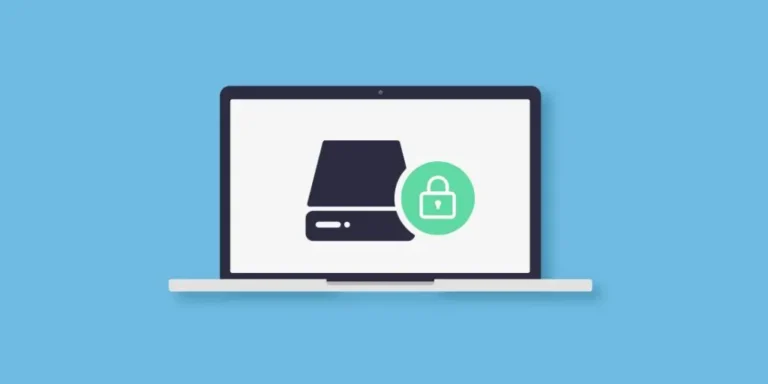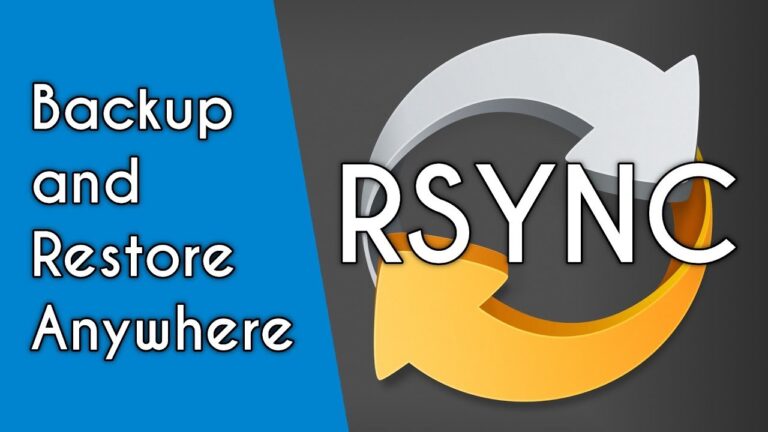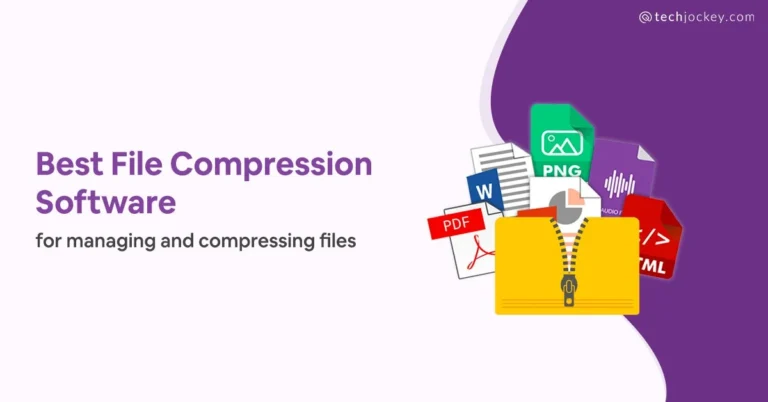10 best cybersecurity tools for small businesses
Last Updated on May 23, 2024 by Jhonni Jets
As a small business owner, keeping your company’s data and systems secure is critically important but can seem like an overwhelming task. With limited budgets and IT resources, small businesses need affordable and easy-to-use cybersecurity solutions to protect themselves from the growing threats in today’s digital world. This guide will introduce you to 10 of the best cybersecurity tools specifically designed for small businesses, focusing on options that provide powerful protection without complexity or high costs.
1. Firewall Software

A firewall is essential for controlling network traffic and screening out unauthorized access attempts. For small businesses, firewall software solutions offer the firewall functionality without the expense of dedicated hardware. Some top options include Comodo Firewall, ZoneAlarm Firewall, and GlassWire Firewall. These software firewalls are affordable, starting around $40-60 per year. They provide both network and host-based protection across devices. Features include intrusion detection, vulnerability scanning, and automatic updates. Setup and management are straightforward through easy-to-use interfaces. Having a firewall is a baseline necessity, so these software options remove cost barriers for small companies to get firewall protection.
2. Endpoint Protection Software
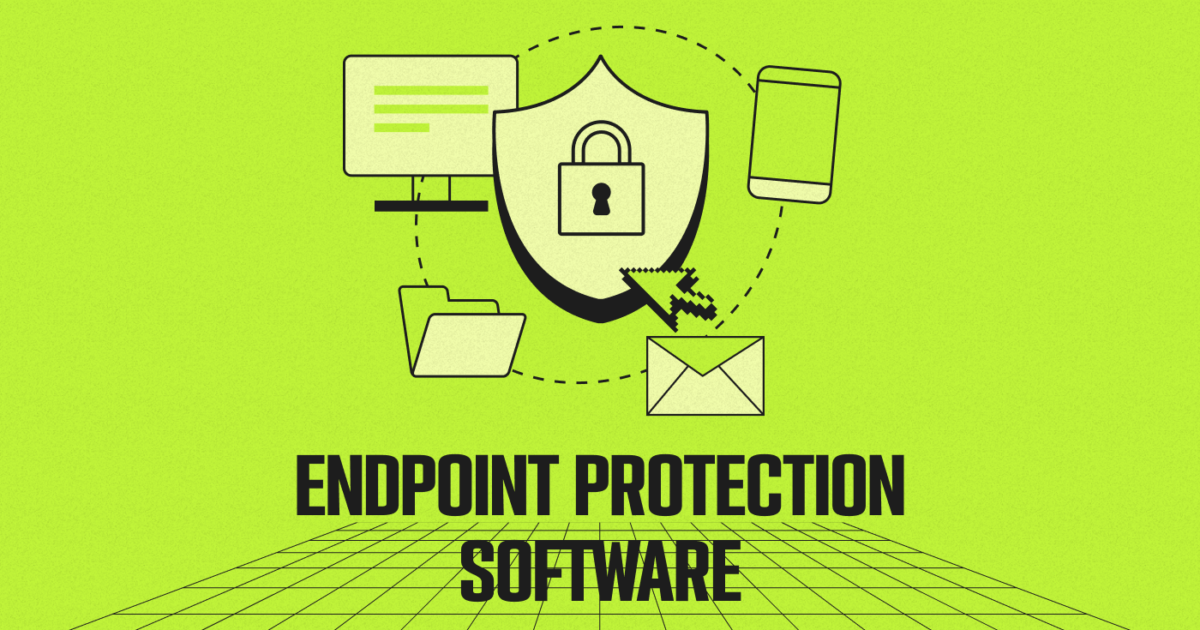
Endpoint protection software, also known as antivirus or anti-malware, defends individual devices like PCs, servers, and mobile devices from malware threats. Given the proliferation of ransomware and other nasty malware, having endpoint protection is non-negotiable for any business. Leading small business options include Malwarebytes, Bitdefender Antivirus for Small Business, and Webroot SecureAnywhere. Plans start around $40-80 per year depending on the number of protected devices. These solutions deliver robust malware scanning and removal. Features may include behavioral monitoring, web protection, device control, and centralized management. Setup is simple through easy-to-use consoles. With coverage for all business devices for a low per-year cost, endpoint protection is one of the most impactful security investments a small company can make.
3. Email Security Software
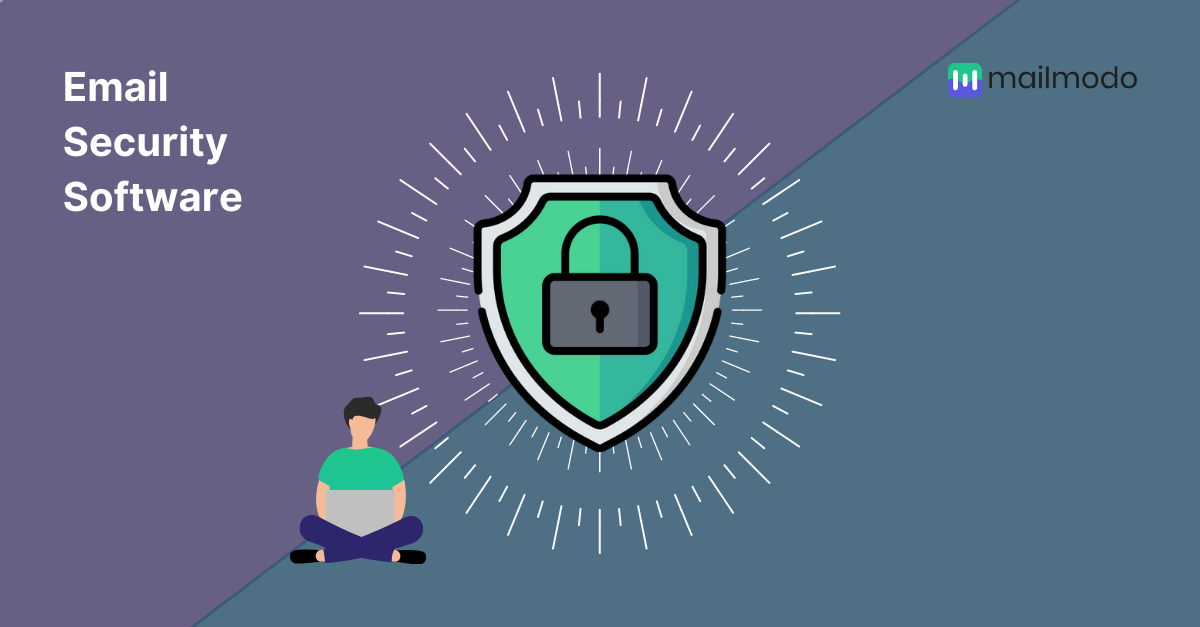
Email remains the primary attack vector for cybercriminals, with phishing and ransomware routinely using this trusted channel to sneak in. Small businesses require email security to filter out threats while allowing legitimate communications. Top options designed for small business needs are Mimecast, Barracuda Essentials, and Cisco Email Security. Plans start around $20-40 per user per year. Features include anti-phishing and anti-malware scanning, DMARC enforcement, spam filtering, tagging of external emails, and automated backups of email archives. Administration is straightforward via admin consoles. Deploying email security helps protect the business, its employees, and even its customers who may get caught in phishing schemes. The low cost makes it attainable for all but the smallest of companies.
4. Password Manager

With remote work environments now common, password management is even more critical. Yet humans struggle with creating and remembering complex, unique passwords for every account and service. This leads to weak, reused passwords that pose serious security risks if any account is compromised. Top small business password managers include LastPass Business, 1Password Teams, and Dashlane Business. Pricing starts around $3-5 per user per month. Features provide centralized vaults for saving all passwords; generated strong, unique passwords; single sign-on; two-factor authentication; and shared folders. This not only improves security posture but also boosts productivity by eliminating password reset hassles. Deployment is simple through browser extensions and mobile apps. Password managers offer an excellent investment for protecting business and employee accounts at a low total cost of ownership.
5. Web Security Software
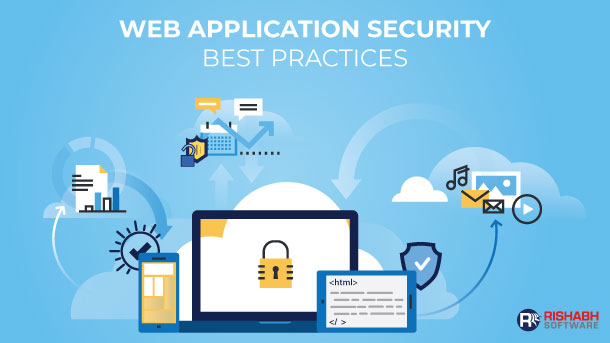
Like email, websites pose continuous risks as gateways for cybercriminals to spread malware and conduct phishing. To defend the online presence, small firms need web security software. Leading options suitable for small teams include Cloudflare Business, Sucuri Website Firewall, and SiteLock. Plans start at $20-40 per month depending on site traffic. Features cover web application firewall, DDoS protection, malware scanning of website files, bot detection and blocking, SSL certificates, CDN acceleration, and a team admin console. Deployment is as simple as changing DNS to Cloudflare and enabling the security features. Web security protects the website, client-facing applications, and the business brand, all while delivering speed and reliability improvements. With most plans including unlimited websites and usage, these solutions present a cost-effective way to reduce online risks.
6. Cloud Backup Service
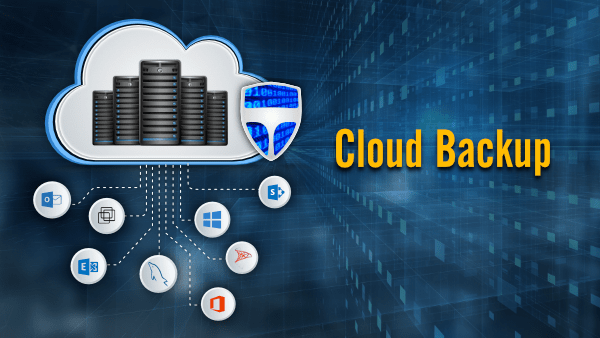
Data loss from disk failures or ransomware attacks would cripple any small company. Yet maintaining reliable on-premise or hybrid backups is challenging for resource-constrained firms. Cloud backup services provide an affordable set-it-and-forget-it solution with unlimited scalability. Top offerings suited for small businesses include IDrive Backup, Backblaze Backup, and Acronis Cyber Backup Cloud. Plans start around $5-10 per month depending on amount of data. Software agents automate backups of all devices’ files, emails, and system images to the cloud’s durable infrastructure. Features may include versioning, file restores, and integration with folders, servers, and NAS. Deployments are quick through downloadable installers. By reducing backup management overhead and ensuring easy recovery of cryptolocked files, cloud backup brings peace of mind to small firms operating on tight budgets.
7. Network Monitoring Software

Having visibility into network health, usage, and potential issues lets small IT teams stay ahead of problems. Network monitoring tools provide this insight cost-effectively. Popular cloud-based options appropriate for small networks include SolarWinds Network Performance Monitor (NPM), Datadog, and ManageEngine OpManager. Pricing starts around $20-50 per month depending on the number of devices monitored. Features cover network topology mapping, bandwidth and interface monitoring, alerting, traffic analysis, and customizable reports. Setups are fast through browser-based dashboards. With around-the-clock monitoring from vendor infrastructure and apps, small firms gain powerful network oversight without heavy lifting or infrastructure investments of on-premise solutions. This early issue detection helps maintain productivity and availability.
8. Security Awareness Training

While technical tools defend the perimeter, human mistakes remain a leading cause of security breaches. Ongoing security awareness training strengthens the last line of defense by ensuring all employees understand best practices. Popular options purpose-built for small teams include KnowBe4, Infosec IQ, and PhishMe. Pricing is often as low as $1-2 per user per month. Features incorporate role-based learning paths, real-time risk assessments through simulated phishing tests, policy management tools, and compliance reporting. Administrators can create and launch customized training material. These solutions empower small businesses to cost-effectively educate workforces on critical skills like identifying social engineering, secure collaboration and remote work practices, password management fundamentals, data protection responsibilities, and more without requiring security expertise. When paired with technical solutions, this human-focused defense multiplies overall cyber resilience.
9. Vulnerability Scanning

Even well-provisioned defenses have weaknesses if administrators lose sight of continuous monitoring responsibilities. Vulnerability scanning automates regular checks for network, system, and web application flaws. Leaders in usability and affordability for small teams include Tenable Nessus, Qualys Cloud Platform, and Rapid7 InsightVM. Pricing starts around $15-30 per device per year for unlimited monthly scans. Features scan operating systems, network devices, applications, and code for vulnerabilities and misconfigurations. Dashboards provide prioritized results and patch guidance. Automatic recurring scans ensure the process remains top-of-mind without taking time from core responsibilities. By proactively surfacing holes before hackers discover them, vulnerability scanning strengthens overall security posture in an easy, pragmatic way for SMBs.
10. Security Information and Event Management (SIEM)

Even with protective tools in place, real threats may lurk unnoticed within logs and events. A SIEM correlates activity data from networks, endpoints, applications, and firewalls/IDSs into a single pane of glass for easy analysis. Top solutions designed for growing small networks include SolarWinds SIEM, LogRhythm Cloud, and Exabeam Security Management Platform. Pricing begins around $5 per device per month. Features incorporate log collection agent deployment, threat detection rules, custom visualizations and reports, alerting, and compliance dashboards. Setups are quick using cloud consoles. By moving log correlation and analysis to an automated platform, small teams can efficiently hunt threats and spot anomalies amid increasing data volumes without steep learning curves or large on-premise infrastructure. Combined with other protections, SIEM helps ensure a layered defense in depth approach.
In closing, while cybersecurity presents complex challenges, these ten categories of tools were selected to provide powerful yet affordable solutions within reach of modest budgets. By leveraging software-based network, endpoint, email, web, and application security, cloud-delivered backup and monitoring services, as well as training for human improvement, small firms gain multilayered defenses matching those of much larger organizations. By strategically investing in a selection of the above tools, businesses of all sizes can strengthen their cyber resilience and safeguard their operations, customers, and brand amid today’s ever-evolving digital risks.


